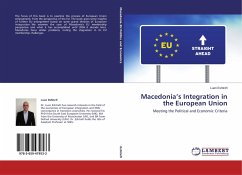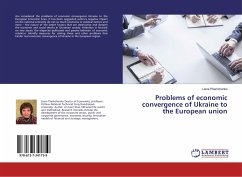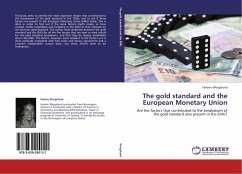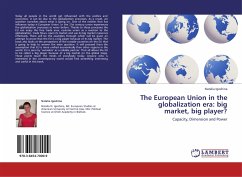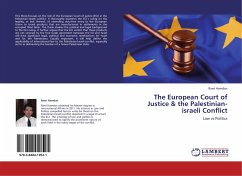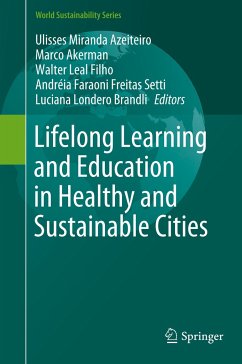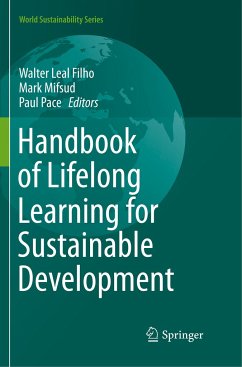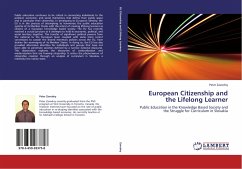
European Citizenship and the Lifelong Learner
Public Education in the Knowledge Based Society and the Struggle for Curriculum in Slovakia
Versandkostenfrei!
Versandfertig in 6-10 Tagen
52,99 €
inkl. MwSt.

PAYBACK Punkte
26 °P sammeln!
Public education continues to be critical in connecting individuals to the political, economic, and social institutions that define their public space and in particular their citizenship. In developing its European identity, the EU is in the process of attempting to harmonize the public education systems of its Member States with the intent of creating lifelong learners as citizens of a European knowledge based society. The EU has recently reached a crucial juncture as it attempts to hold its economic, political, and social territory together. The transfer of significant political powers from ...
Public education continues to be critical in connecting individuals to the political, economic, and social institutions that define their public space and in particular their citizenship. In developing its European identity, the EU is in the process of attempting to harmonize the public education systems of its Member States with the intent of creating lifelong learners as citizens of a European knowledge based society. The EU has recently reached a crucial juncture as it attempts to hold its economic, political, and social territory together. The transfer of significant political powers from the national to the European level, coupled with some more recent concessions to sustain the shared monetary policies across the EU, have shaken the sovereignty of its Member States. In doing so, the EU has also provided alternative identities for individuals and groups that have not been able to penetrate societies defined by a narrow national discourse. This dissertation explores the discourses of nationalization and modernization that are framing citizenship. It enters the phenomenon of citizenship creation through an analysis of curriculum in Slovakia, a relatively new nation-state.




